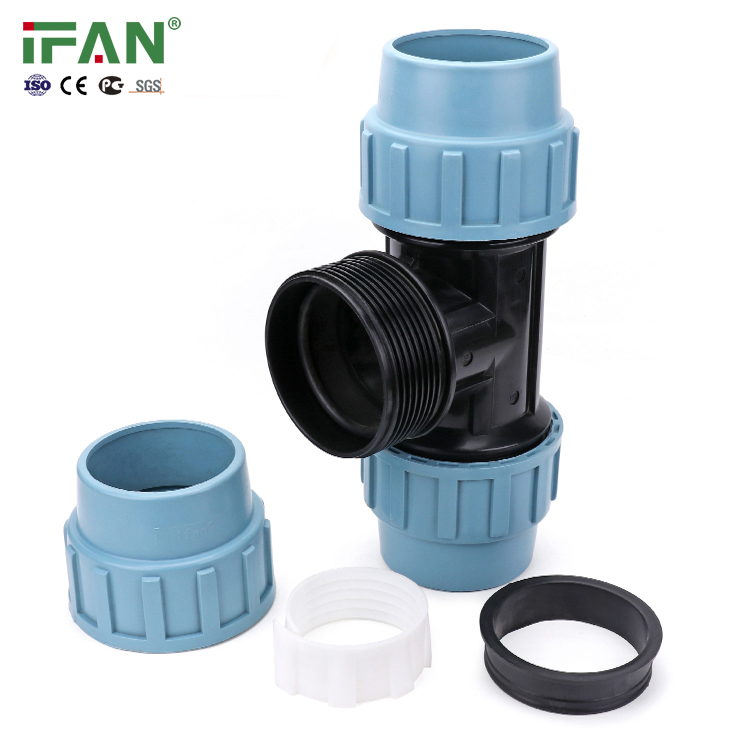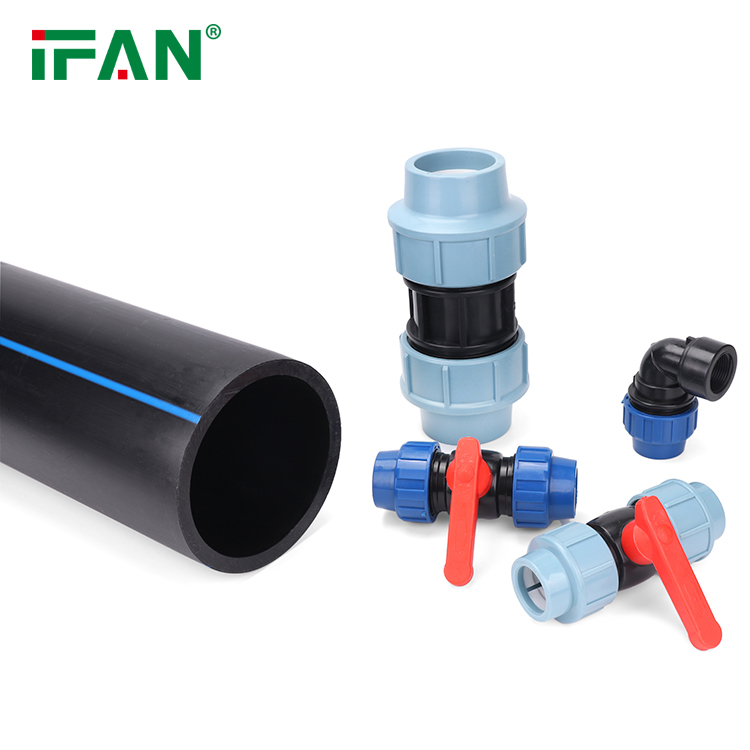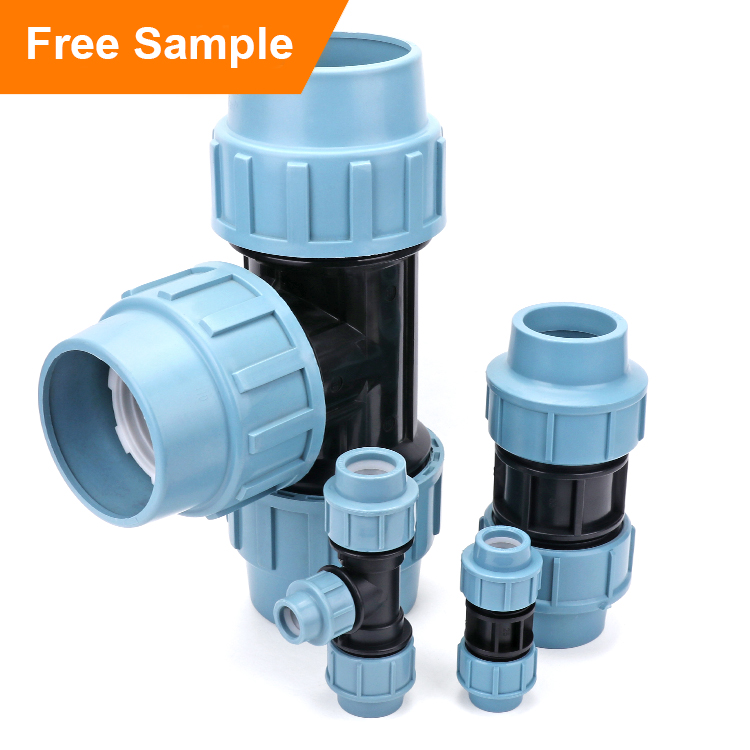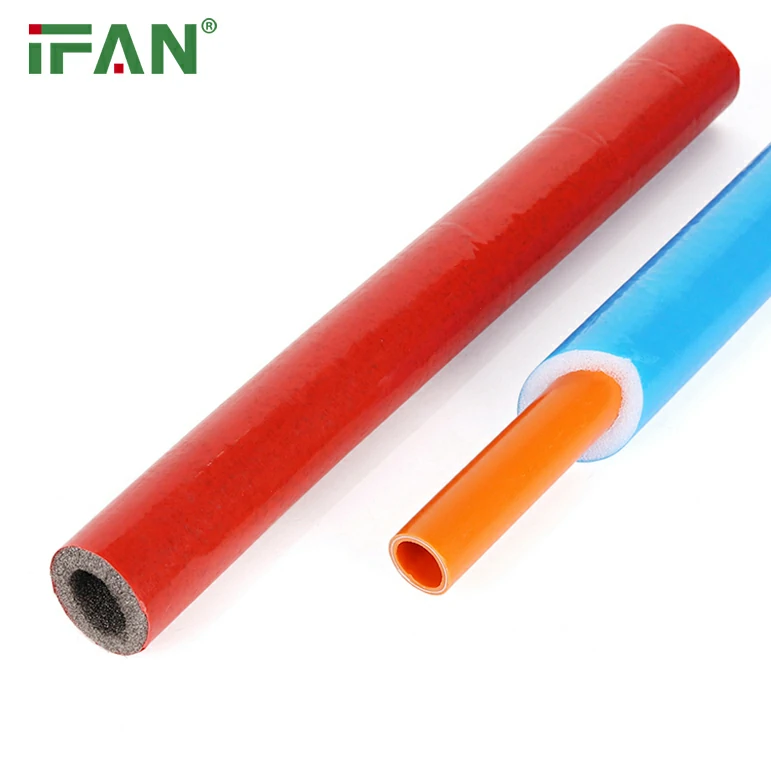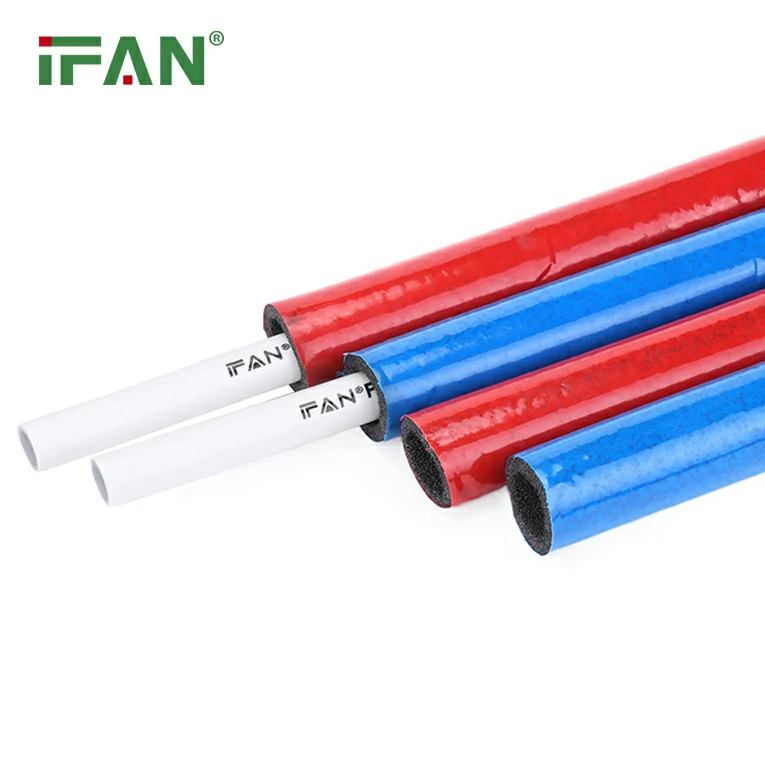Introduction:
PVC, or polyvinyl chloride, is a widely used synthetic plastic polymer material. It has many applications, ranging from building materials and infrastructure to clothing and toys. One term commonly used when referring to PVC is PP, which stands for plasticizer. In this article, we will explore what PP means in PVC and why it is crucial to its performance.
What is PP in PVC?
PP, or plasticizer, is a type of chemical additive that is added to PVC to make it softer and more flexible. This is done by inserting long-chain molecules into the PVC molecular structure, which creates spaces between the molecules and reduces their interlocking. This process is known as plasticization and is what gives PVC its characteristic properties.
Types of PP in PVC:
There are many different types of plasticizers used in PVC, and each one has different properties and applications. Some of the most common types of PP used in PVC include phthalates, non-phthalates, and bio-based plasticizers. Phthalates are widely used due to their low cost and high performance, but there are concerns about their effects on human health and the environment. Non-phthalates are an alternative to phthalates, but they tend to be more expensive. Bio-based plasticizers are a newer type of PP that is made from renewable resources such as vegetable oil, but they are not as widely available as phthalates or non-phthalates.
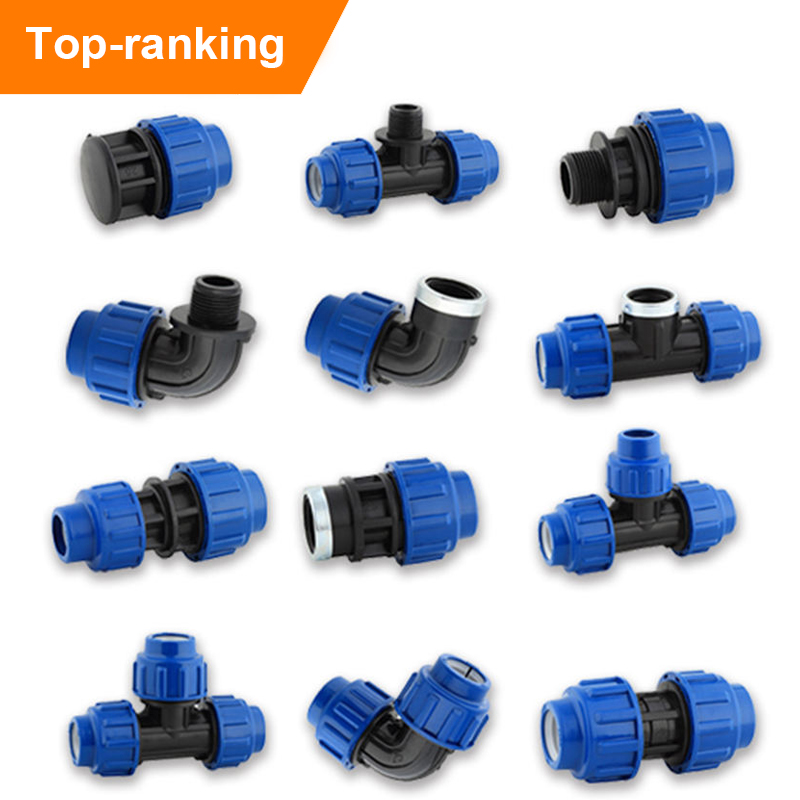
Importance of PP in PVC:
PP is an essential component of PVC, as it determines many of its physical and mechanical properties, such as flexibility, durability, and resistance to heat and chemicals. Without plasticizers, PVC would be rigid and brittle, making it unsuitable for many applications. PP also affects the cost of PVC, as certain types of plasticizers are more expensive than others.
Conclusion:
PP, or plasticizer, is a crucial component of PVC, enabling it to be flexible, durable, and resistant to heat and chemicals. The type of PP used in PVC depends on the application, with phthalates, non-phthalates, and bio-based plasticizers being the most common. Understanding the role of PP in PVC is essential for those in the PVC industry, as it determines the performance and cost of this versatile plastic material.

